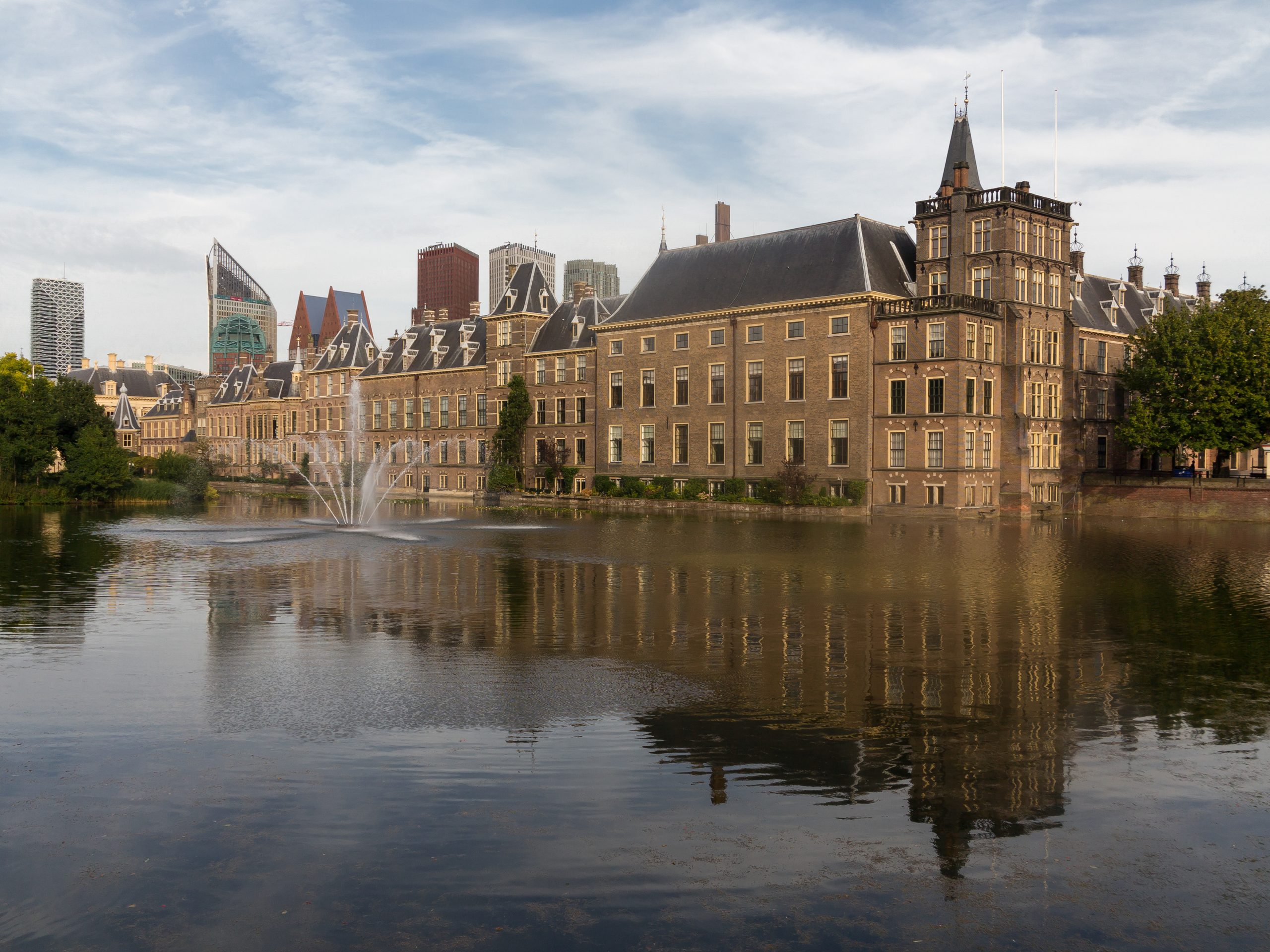In Conversation with Eric Niehe

Eric Niehe is a former Dutch diplomat whose distinguished career in the foreign service of the Netherlands spanned four decades, and included postings as Ambassador to Ireland, Hungary, and India. Since his retirement in 2007 he has been, amongst other things, Chairman of the Europe India Institute at Nyenrode Business University, and Honorary Member of the Netherlands India Chamber of Commerce and Trade.
Mr Niehe is also a Senior Advisor to Global Media Analysis Services (GMAS) – a new, Hague-based company offering media analytics tailored to the individual needs of the city’s many embassies. For diplomats serving abroad, keeping up with their host nation’s media has always been an important task; in the modern age of digital connectivity, the demand for specialised media monitoring is greater than ever.
Prior to the official launch of GMAS on 21 October, I caught up with Mr Niehe at The Hague’s Nieuwspoort to find out more about this unique initiative.
Joe Ray: Can you tell me more about GMAS and the services it provides?
Eric Niehe: “GMAS provides media analysis for the embassies in The Hague. We collaborate with Dutch media companies ANP and MIG to provide embassies and diplomats in the Netherlands with specialised media monitoring on subjects of interest to them.
“This has been made possible thanks to modern technology, since GMAS makes use of advanced computer programmes to sift through and analyse large quantities of data.”
JR: Is GMAS exclusive to the Netherlands?
EN: “GMAS currently focuses on the Netherlands, but has the potential to grow and expand. The majority of our clients at present are diplomats and their embassies, but as a possible second phase, services may be made available to international organisations as well, since so many are based in The Hague.
“As a potential third phase, we may also offer services to multinational corporations. For now, our main focus is on The Hague’s diplomatic corps.”
JR: You mentioned that GMAS makes use of advanced computer programmes. What would you say has changed about diplomacy as a result of 21st century technology?
EN: “First of all, speed. When something happens somewhere, it can be immediately known about everywhere – information now travels around the world instantly.
“The second point is that the greater the speed, the less opportunity there is for nuance. Information disseminated on social media, for example, may be accurate but requires context. This context is often added later, but is very important for diplomacy.”
It is absolutely necessary for diplomats to engage with new media
JR: How significant do you think the rise of social media is for diplomacy?
EN: “Content-wise, there is not so much change. There is increased public engagement generally, and obviously social media has contributed to this.”
What would you consider to be the main challenges posed by social media for diplomacy in general?
EN: “The most fundamental task of a diplomat is to represent one’s country in a positive manner abroad. The social media aspect of this is increasingly important – since speed is the primary impact, diplomats must be aware of the immediacy of information.
“As such, it is absolutely necessary for diplomats to engage with new media.”
Featured Image:
Michielverbeek (https://commons.wikimedia.org/wiki/File:Den_Haag,_het_Binnenhof_diverse_RM_met_de_Hofvijver_op_de_voorgrond_foto8_2015-08-05_18.56.jpg), „Den Haag, het Binnenhof diverse RM met de Hofvijver op de voorgrond foto8 2015-08-05 18.56“, https://creativecommons.org/licenses/by-sa/4.0/legalcode



